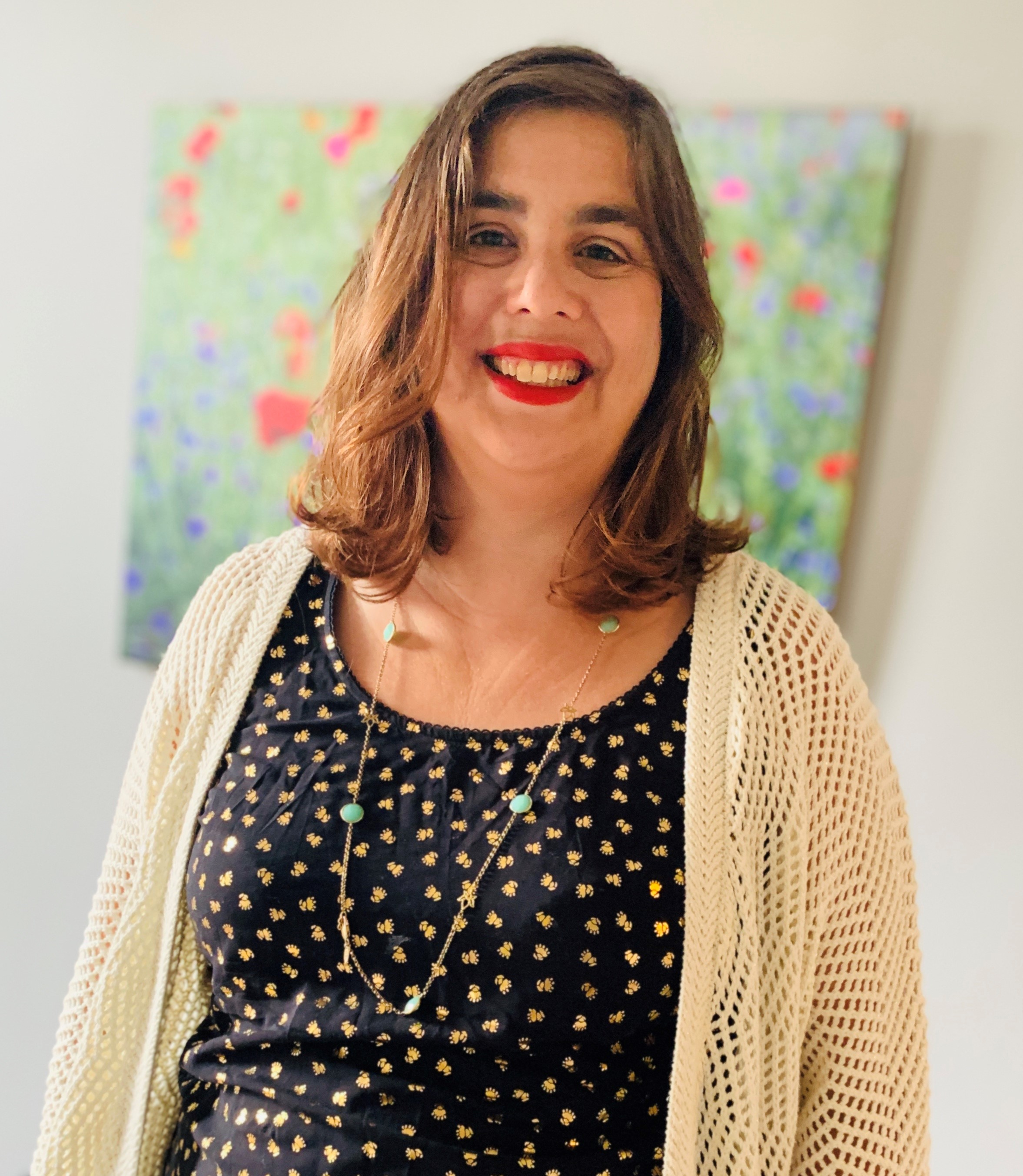
Dr Caroline Gauchotte-Lindsay is a senior lecturer in Environmental Engineering at the University of Glasgow. Caroline graduated in applied physics and chemistry from the ESPCI-ParisTech in 2004. She holds a DEA in analytical chemistry from the Université Paris VI and an MSc in forensic science from the University of Strathclyde, Glasgow. She obtained her PhD in Environmental Engineering in 2010 in the School of Planning, Architecture and Civil Engineering at the Queen’s University Belfast during which she designed and built a new instrument for the investigation of the degradation of organic contaminants. Afterwards, she conducted her postdoctoral research in the Department of Civil and Environmental Engineering at the University of Strathclyde where she developed new analytical methods for Environmental Monitoring and Forensics using advanced analytical tools such as comprehensive two-dimensional gas chromatography – time-of-flight- mass spectrometry coupled with machine learning analysis.
She became a Lecturer at the University of Glasgow in 2012 and Senior Lecturer in 2020. She works at the boundary between science and engineering to tackle some of the World’s most pressing environmental challenges such as pollution and water scarcity. She is passionate about environmental biotechnologies. She believes that developing and deploying tools to help rational design of low-energy, low-resource bioprocesses for environmental engineering will have long-term impact on climate change mitigation and the circular economy agenda. As an enthusiastic analytical chemist, her research employs states of the art analytical, spectroscopic and statistical approaches to support the development of engineered systems and monitor how they remove organic contaminants. She has developed solid partnerships with industry and stakeholders. She has worked with industrial partners such as WSP, Arup, ERS remediation, NHS Island and Highland and Scottish Water.
Caroline’s research was awarded the Brownfield Briefing Award 2012: Best Scientific (or Verification Advancement): Application of environmental forensic methods for characterisation of coal tars and related contamination and the European NICOLE 2012 Technology Award Winner: Pollution Investigation in Trees.
Caroline is regularly invited to give talks in other institutions, at academic conferences (e.g. SETAC North America 2014, Recent Advances in the Analysis of Complex Environmental Matrices 2019, EFASIG’s annual conference 2019, HTC 2020) and at specialist workshops in analytical chemistry (e.g. 3rd European GCxGC Symposium, 2013, 3rd International Workshop in “Exploitation of Intramolecular Isotope Compositions and Emerging Techniques for their Measurement”, 2015, Elementar UK IRMS User Meeting, 2017, Leco Separation Symposium, 2019).
With the UK facing a shortage of civil engineers and women still being overwhelmingly under-represented, Caroline is dedicated to broadening young people’s perception of Engineering. She has designed two popular outreach activities for the young people, showcasing microbial technologies in Civil Engineering (Explorathon Scotland 2014 and 2017, NERC’s UnEarthed 2017, Glasgow Science Festival 2017…). She was involved with the RaEng funded “Imagineer” project and her short film “The Microbial Awesomeness Project” received a special mention in a Deustches Museum Anthropocene outreach competition.
Caroline is also an active player in issues around diversity and inclusion in STEM. She was the co-chair of the Athena SWAN committee for the School of Engineering between 2016 and 2018. She is co-project director on the VisNET project and a member of the TIGERs in STEMM.
Caroline is an elected member of the RSC’s Environment, Sustainability and Energy Division (ESED)’s Council and the RSC Environmental Chemistry Group Committee. She is also a member of the committee for the Environmental and Food Analysis Special Interest Group of the British Mass Spectrometry Society (BMSS).